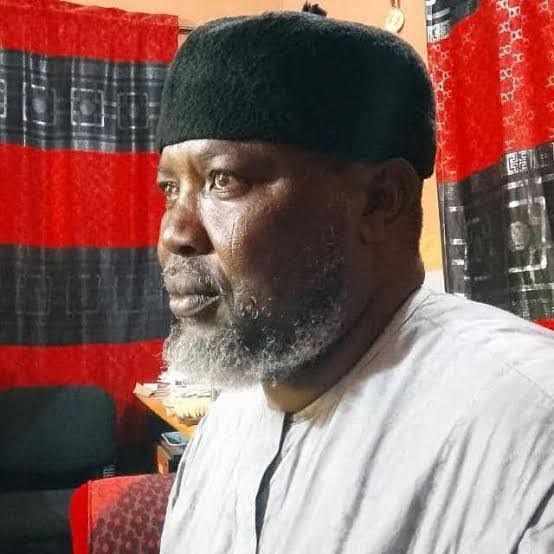Betraying the Ivory Tower: ASUU, EAA, and the politics of divide-and-rule, by Dr Tukur Madu Yemi
The Federal Government’s recent actions toward the Academic Staff Union of Universities (ASUU), especially regarding the unpaid Earned Academic Allowances (EAA), show a disturbing pattern of divide-and-rule politics. This approach is not only disappointing but also dangerous for the future of Nigeria’s public universities.
Since 1999, when Nigeria returned to democracy, ASUU has been at the forefront of fighting for better conditions in public universities. That same year, the union helped achieve the first structured salary scheme for university lecturers in over thirty years. But over time, the value of that achievement has been lost due to inflation, the falling value of the naira, and continued economic challenges.
Because of poor pay and working conditions, many lecturers have left Nigeria or quit the profession. Those who remain are overworked — handling large classes, supervising student research, and taking on administrative duties , all without enough support or pay.
To address this, the government introduced Earned Academic Allowances (EAA). These are not bonuses but payments for extra work such as supervising projects, handling large student numbers, and other academic responsibilities.
Although the government agreed to pay these allowances, more than ₦80 billion in arrears is still unpaid, even after more than 13 years. This delay has led to many strikes. To solve the problem, ASUU proposed that the EAA be included in monthly salaries — a method that has worked well in some state universities. But the Federal Government has refused to act.
In 2020, the Buhari government promised to pay ₦50 billion as part of the arrears. That promise was not kept. In 2024, the Tinubu administration restarted talks with ASUU. Showing goodwill and commitment, ASUU agreed to let go of over ₦30 billion of the arrears — if the government would immediately release ₦50 billion and provide a clear plan to start paying the allowances monthly.
Both parties signed an official agreement. But shockingly, just two weeks later, the government changed its decision. It announced that the ₦50 billion meant for ASUU would now be shared among all other university unions.
This sudden change raises serious questions:
1. How can an agreement signed with ASUU be changed without its approval?
2. Is it fair to give part of ASUU’s concessions to unions that were not involved in the negotiation?
3. What does this mean for future agreements in the public sector?
Let it be clear: this is not an attack on other unions like NASU, SSANU, or NAAT. They are important and deserve fair treatment too. The issue here is about keeping promises and respecting the negotiation process. Agreements should not be changed to fit other agendas without proper consultation.
This looks like a strategy to create division among the unions, cause distrust, and shift attention from the government’s failure. If this continues, it could break the unity of the university system and harm efforts to improve education in Nigeria.
Since 2012, ASUU has shown great commitment — facing salary delays, public criticism, and financial hardship — all to protect the quality of education in Nigeria. Each time, ASUU returns to negotiations with good intentions, only to face government dishonesty and delay.
This latest action is not just a mistake; it is a betrayal. Agreements, especially signed ones, must be respected. If the government can break its promise within two weeks, how can we trust it in the future?
The Minister of Education and other authorities must act quickly and honestly. Agreements are not for show — they are promises that build trust. Breaking them damages the relationship between the government and its workers.
Nigeria’s public universities are at a turning point. Using them for political games or public praise is dangerous. If President Tinubu truly wants to improve education, he must start by keeping his promises.
True leadership means doing the right thing — even when it’s difficult. It’s time to end the politics of division and put the future of our universities, and our country, first.
By Dr Tukur Madu Yemi
Federal University of Kashere, Gombe
Email: alhajitukur68@gmail.com
Follow the Neptune Prime channel on WhatsApp:
Do you have breaking news, interview request, opinion, suggestion, or want your event covered? Email us at neptuneprime2233@gmail.com





